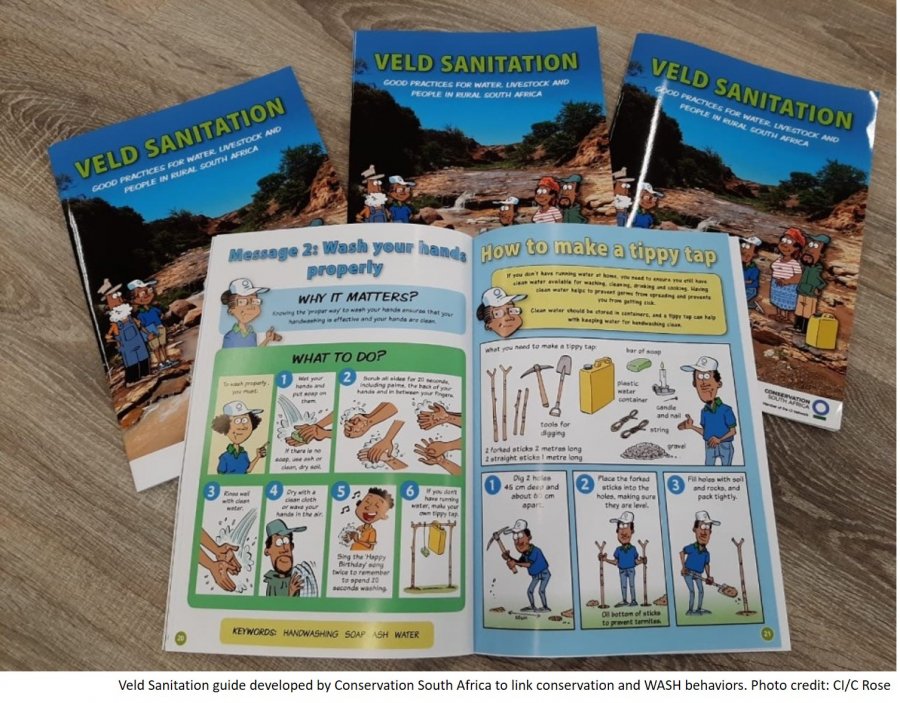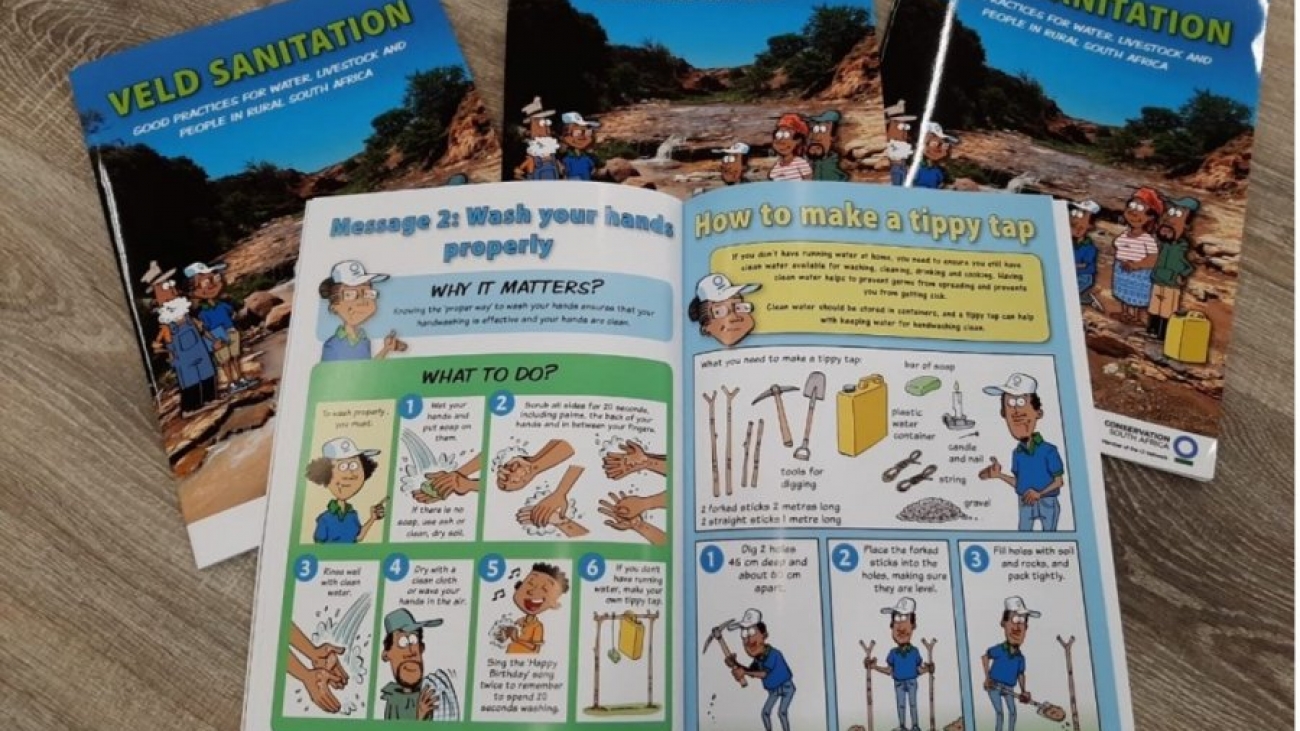Authored by Colleen Sorto, Director, Development Partnerships, Center for Communities and Conservation, Conservation International and ABCG’s FW-WASH task lead.

Like everyone, COVID-19 is never far from my mind these days. I’ve been taking small actions from my computer by resharing vital handwashing and other water, sanitation and hygiene (WASH) behavior messaging. Thinking about the communities we work with around the world who lack reliable access to clean water, I’ve been scouring the internet for advice from partners in the WASH sector working on the front lines.
During my search, a colleague at IRC asked if I was interested in joining a webinar about advocacy and COVID-19 that they were hosting among their Watershed partners. To be honest, I was kind of surprised. Why would I be thinking about policy changes needed to integrate plans for WASH and protecting water sources at a time like this? As governments battle the virus, what could an organization like Conservation International (CI) offer?
As Watershed colleagues on the webinar “Adapting your advocacy to COVID-19 health crisis” shared their experiences, I quickly concluded that perhaps we had more to contribute than I thought.
With support from the US Agency for International Development (USAID) and the Africa Biodiversity Collaborative Group (ABCG), CI and partners are developing advocacy strategy resources to help promote the benefits of cross-sectoral (i.e. conservation and WASH) policies. Conservation South Africa, CI’s local affiliate, is applying the methodology in the Alfred Nzo District Municipality of South Africa’s Eastern Cape Province. The Jane Goodall Institute is piloting the methodology in local villages in the Albertine Rift region of Hoima and Masindi Districts in Uganda. And ABCG’s Nairobi-based Community of Practice aims to build capacity in sub-Saharan Africa, led by CI and the ABCG Secretariat, for advancing integrated freshwater conservation-WASH projects.
As I listened to colleagues from Kenya, Bangladesh and Ghana, I was struck by three thoughts about our collective steps to respond to the virus and to act to protect communities involved in CI’s WASH in Watersheds initiatives.
- At this moment of crisis, WASH comes first. WASH saves lives. Our work to strengthen the connection between healthy, freshwater ecosystems and healthy people means we are committed “banner carriers” for WASH. It’s essential for the well-being of the communities where CI works. The increased vulnerability of communities without WASH face from COVID-19 only further emphasizes that point.
- Don’t pause, prepare. It feels like now is the time to take a pause on our advocacy plans, but actually we should be preparing for what will come next. After the world has responded to the immediate needs of the COVID-19 crisis, recovery plans will need to be developed and coordinated among global, national and local governments for economies, people and – we hope – nature. We need to be prepared to make the case for why safeguarding freshwater ecosystems needs to be part of all recovery plans, or we will be even more vulnerable.
- People need nature to thrive. One day, hopefully soon, the corona virus crisis will be behind us. Social media is prompting those of us hunkered down at home to be thinking if we as humanity need to define a “new normal.” Did this happen because we lost the balance between our needs and nature? CI has first-hand experience developing solutions for people and nature to thrive together. Our work in community-led restoration of rangelands, co-developing integrated health and ecosystem behavior change resources, and empowering local champions to manage shared water resources can be pathways for recovery and resetting our relationship with Mother Nature.
Many thanks to IRC for hosting the webinar and spurring colleagues to thoughtfully revise and update our advocacy strategies to respond to the new challenges we face due to COVID-19. I take to heart the lesson about doing our homework to be ready and will prepare for opportunities for watershed conservation to be integrated into our plans to heal and recover together.
Read ABCG’s advocacy efforts: Why is Advocacy Key to Natural Resource Management?
For more information contact: csorto@conservation.org
Read the original article, , LinkedIn article, April 22, 2020.

